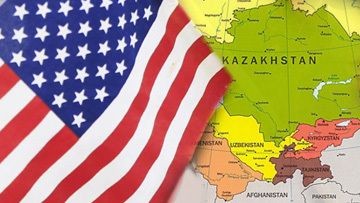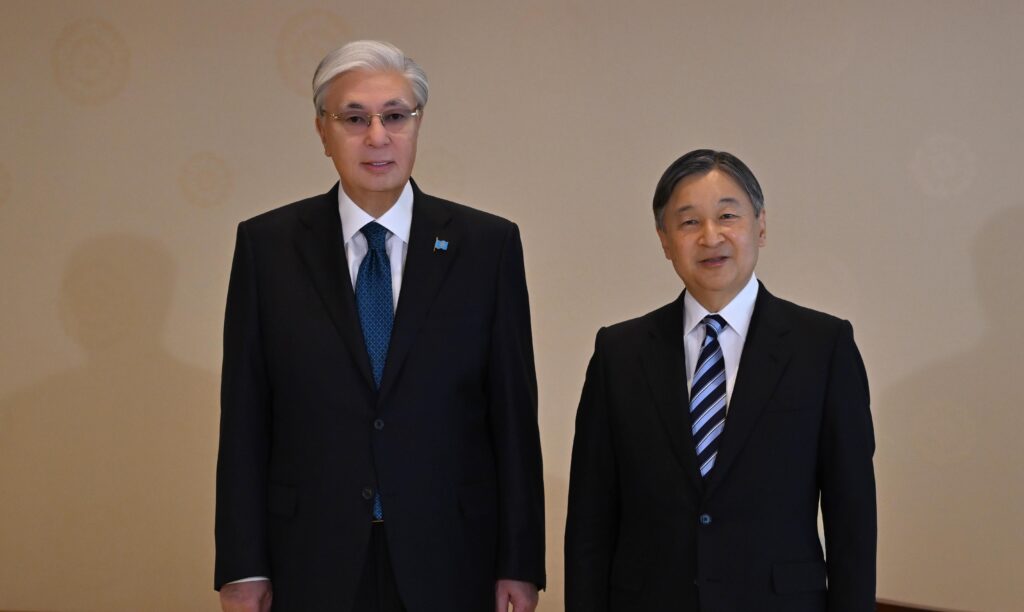BISHKEK (TCA) — “Major geopolitical shifts and internal dynamics are setting the stage for possible increased great-power competition in Central Asia between Russia and China at a time when the region is becoming less hospitable to the projection of U.S. power and to the promotion of democracy. U.S. policy will need to adapt to these changes in order to bring Washington’s ambitions in Central Asia into better alignment with limited U.S. interests and means,” reads the paper entitled “U.S. POLICY TOWARD CENTRAL ASIA 3.0”, published by CARNEGIE ENDOWMENT FOR INTERNATIONAL PEACE on January 25.
“Overpromising and setting ambitious but unrealistic goals will lead to mutual frustration, cynicism, and disappointment among the five states of Central Asia. A policy grounded in a realistic view of the region and U.S. interests there will better serve everyone’s interests,” the paper reads.
“As the United States continues on a glide path toward a substantially smaller military footprint in Afghanistan, Central Asia’s importance as the gateway to Afghanistan will decline in America’s strategic calculus.
“Central Asia’s first quarter century of independence was marked by a geopolitical orientation toward the West. The United States helped the five Central Asian states establish their independence and sovereignty. America fulfilled its promise of partnership at that crucial stage, and these states have been important partners to the United States at critical times.
“Central Asia is on a different trajectory now. The region is in the midst of a major geopolitical shift that will diminish its ties to the Euro-Atlantic community and will elevate China’s influence in and importance to Central Asian states. For the foreseeable future, Beijing and Moscow will be the region’s principal economic, political, and security partners due to China’s preeminent regional economic power and Russia’s residual presence.
“These developments portend declining American presence in and influence over the region—and greater difficulty in transforming Central Asian states into democratic, free-market economies knitted together by regional economic integration,” the paper says.
The authors of the paper believe that advancing Washington’s priorities in this new environment will require significant changes in U.S. policy.
They recommend the following steps:
Prioritize U.S. regional engagement with Kazakhstan and Uzbekistan.
Recognize that the United States shares some interests with Russia and China and seek to harness Russian and Chinese actions to advance U.S. interests.
Let demands for change be locally driven and focus the U.S. reform agenda on improving social and economic conditions rather than on democracy promotion.
Do not condition security cooperation on human rights performance.
Avoid militarizing U.S. policy by overreacting to the threat of Islamic extremism.
Use leverage more effectively by playing harder to get and pursuing more realistic and prioritized goals.









